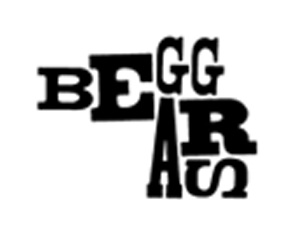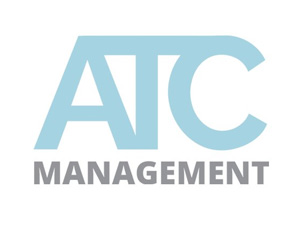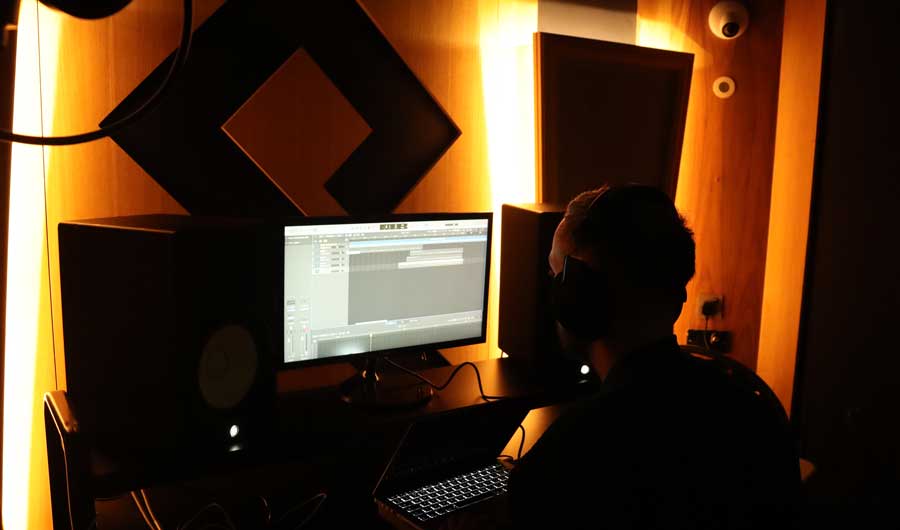The Importance of Jam Sessions for Musicians: Growth, Creativity and Confidence

In the world of music education; structured lessons, workshops and rehearsals are essential for developing technical skills and discipline. But there’s an often underappreciated side of music that’s just as crucial to a musician’s growth: The Jam Session. Jam sessions are where spontaneity, collaboration and creative exploration come together. It offers musicians a unique platform to learn, connect and collaborate.
The benefits of Jam Sessions include:
1) Enhancing Improvisational SkillsImprovisation is a core skill for any musician, but it’s something that can’t be fully mastered in a solo practice room. In a jam session, musicians are encouraged to experiment, react, and adapt in real-time, responding to other players’ rhythms, harmonies, and melodies. This helps musicians to think on their feet and prepares them for unpredictable situations during live performances.
In a supportive jam environment, like the NHAM JAM, there’s also room for “mistakes,” which often lead to surprising musical creations. Learning to adapt and recover from these “happy accidents” is a huge asset for any musician, helping to boost confidence in front of a live audience.
2) Building Listening and Communication Skills
Jam sessions rely on good communication, both verbal and non-verbal. Musicians need to actively listen to each other to understand the mood, tempo and key changes in the music. This deep listening helps musicians develop an intuitive sense of timing, dynamics, and flow.
Musicians develop an unspoken language, reading cues from body language, eye contact, and subtle gestures. This fosters a collaborative spirit and strengthens the bonds between players, you may not know the players on stage personally, but the trust between everyone is instantly built.
3) Exploring Diverse Musical Styles and Techniques
The beauty of Jam Sessions is that it brings together musicians of all genres and backgrounds. You might have a guitarist steeped in blues, a drummer with a passion for jazz, a bassist with a rock background, and a singer who loves pop. This diversity creates a melting pot of musical styles, encouraging musicians to step out of their comfort zones and explore.
This exposure to new sounds and styles can be inspiring, giving musicians ideas to incorporate into their own music. Over time, this blending of influences can help musicians develop a more well-rounded musical identity and a more versatile skill set.4) Overcoming Stage Fright
One of the biggest hurdles for many musicians is performance anxiety. Jam sessions are an excellent way to build performance confidence in a relaxed, supportive setting. Unlike formal recitals or concerts, jam sessions have a low-pressure atmosphere where musicians can test new ideas without the fear of being judged. This helps musicians become more comfortable performing in front of others.
5) Building Connections and a Musical Network
Musicians who participate in jam sessions often form lasting friendships and professional connections. Networking is a vital part of any musician’s career and jamming provides the perfect environment to meet other musicians, exchange ideas, and potentially form future collaborations.
6) Encouraging Personal Expression and Creative FreedomA jam is a space where musicians are encouraged to be themselves and to play what they feel. There are no expectations or “wrong” notes—only opportunities to explore personal expression. It reminds musicians that, at its core, music is about emotion, connection and self-expression.






















